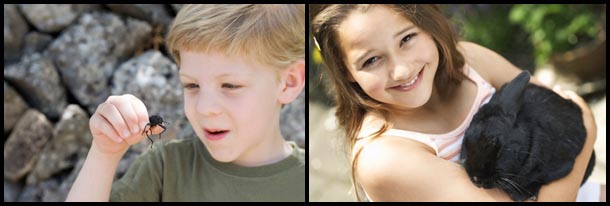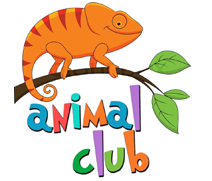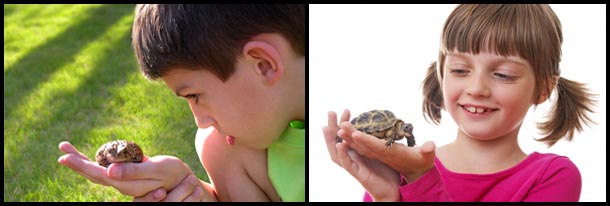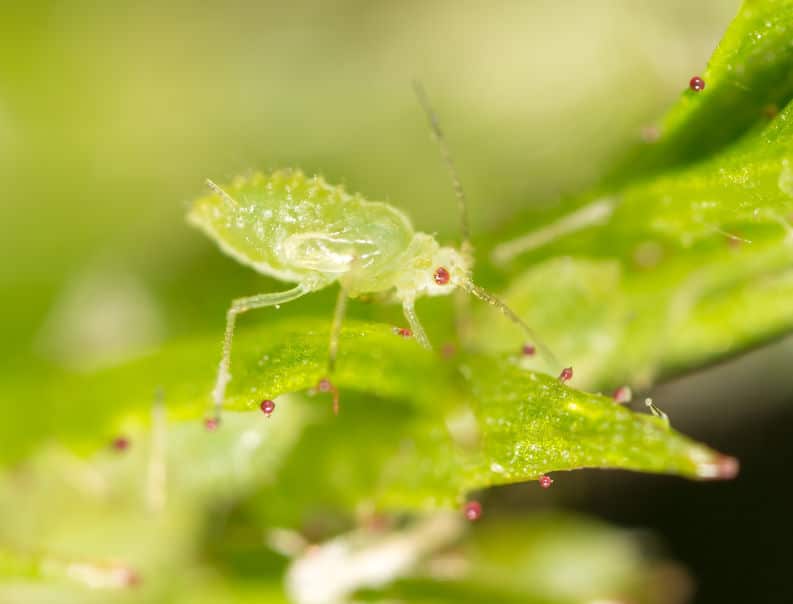There are more than 27,000 species of insects in UK, including bees, grasshoppers, dragonflies, butterflies, beetles, silverfish, moths, and many more. We may not have paid much attention to these tiny beings, but they are present around us and have been performing several chores that are extremely important for our lives to continue normally. Insects recycle nutrients in cadavers and animal dung, they pollinate flowers and crops, they eat pests, are a source of food to several animals and birds, they aerate the soil, and perform several such important tasks around us. Urbanization, pollution, and habitat change have caused a decline of insects at Woodhouse Washlands. It is significant that we act fast to reverse this decline else, our ecosystem could face grave problems. Individual efforts can help in restoring back the population of the insects in Woodhouse Washlands.
What we can do to reverse the decline of insects at Woodhouse Washlands
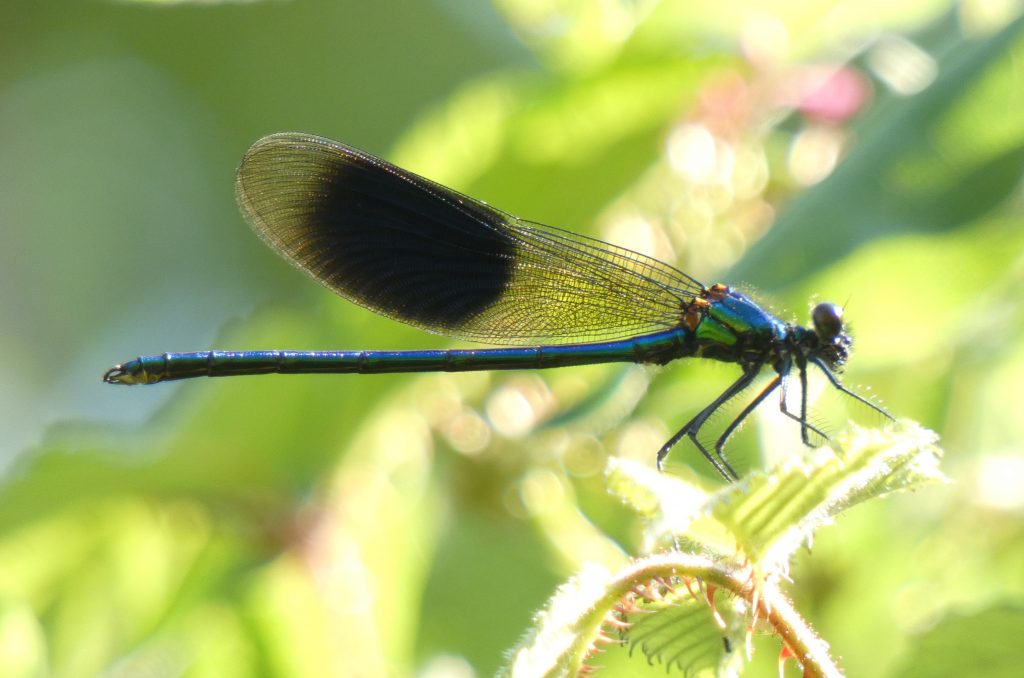
- Our gardens are home to insects. Dried grass, plant stems, and logs are al safe places for the insects to hibernate in the winters or when the weather is bad. Tidying them will also destroy their homes. The seed and stem heads are also where they take shelter, pruning them will leave them homeless and they will eventually die.
- Corners of sheds, cracks in the walls, and a heap of stones are places where insects take shelter from predators. They creep in these places to save themselves from bad weather conditions and often to breed.
- Water is important not just for us but for the insects too. You don’t need to dig up a big pond in your garden. Just a large bowl or a pebble pond will be enough for the insects to get water.
- A short mowed lawn does look neat and tidy, but it doesn’t offer food or shelter to the insects. Let your lawn bloom in mid-summer, so the insects have both shelter and food.
- Nectar rich flowers such as catnip, eryngium, sea holly, verbena, lamb’s ear, penstemon, honeysuckle all attract bees. Even herbs like basil, lavender, rosemary, calamint are all rich in nectar. Plants like milkweed are great for young caterpillars to feed on.
- Decking and paving don’t let plants or grass come up. When plants come up in groups in your garden they offer food and shelter to the insects. Let the trees cross over boundaries, you can speak to your neighbors about this being insect-friendly. You can also leave gaps beneath the fences so hedges can cross over and provide a home to the insects.
- Lowland peat bogs are home to thousands of insects. They take thousands of years to form. With them destroyed, the insects have also vanished. So, make sure you buy peat-free compost. You can pick ones that come with wood fiber, bark chippings, compost waste of your home, or coconut shells.
How we help them at Animal Club?
Animal Club ensures that nature and wildlife are protected. We volunteer in community works that help in preserving the nature around us.
To hold animal parties, animal handling workshop, or an animal workshop, you can get in touch with Animal Club. Our visits are more than just seeing and interacting with animals. We make animal party more lively and fun. Both adults and children will love the presence of our friendly and loving animals in the party. We love and care for our animals and thus forbid them from traveling long distances. Therefore, our mobile zoo may comprise of different animals depending on the area of event held. We would be delighted to come over for an animal school visit for special animal-related projects or any other program that you might have organized at your school for the children.
